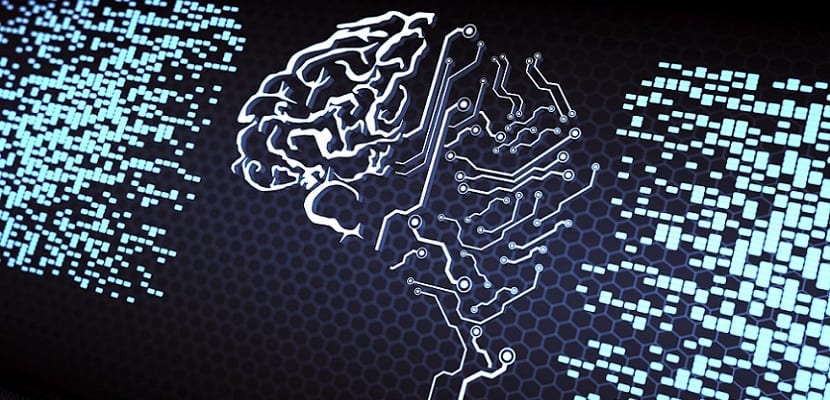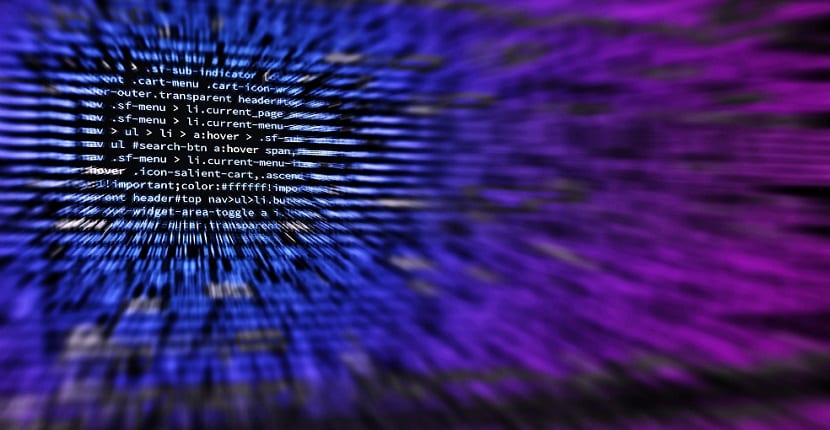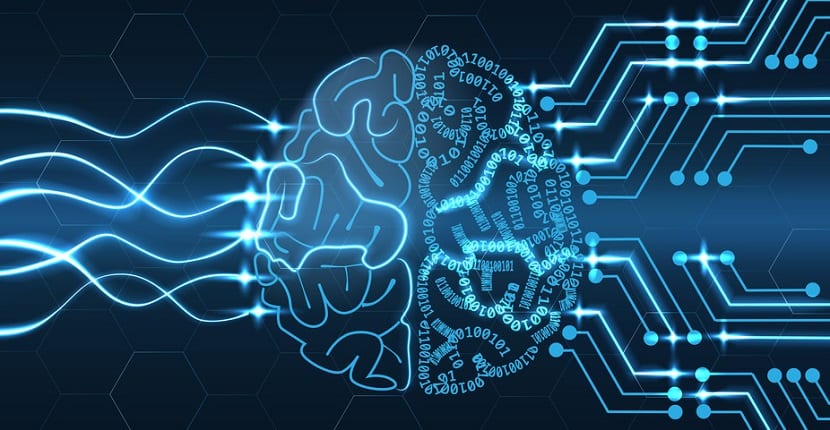
Undoubtedly the world of research tends to give surprises quite regularly, especially related to a field that has proven to be quite contradictory in terms of indoctrination, such as the development of artificial intelligence systems. This time we have to talk to the work of a group of researchers who have managed to develop a system capable of knowing what you are thinking about at any given moment.
The idea that these scientists have for this system to be able to know what you are thinking It is none other than performing a brain scan on a person or test subject from which an exhaustive analysis of the brain is performed so that this person's own brain can be interpreted. There is no shortage of scientists who claim that, thanks to this interesting advance, science will be able to continue advancing in terms of knowledge about the functioning of the brain itself.

Researchers from Purdue University manage to develop an artificial intelligence system capable of helping us to know what happens in our brain
Going into a little more detail, as announced in the paper published by the team of researchers from the Purdue University, directed by Zhongming Liu, assistant professor of Biomedical Engineering and Electrical and Computer Engineering of said university, for this work they have decided to use a convolutional neural network, a very specific type of algorithm that, for example, its use is very valuable especially when developing artificial intelligence that today we can enjoy on our smartphones and that is capable of recognizing our faces or different objects.
Far from the system used to develop this peculiar artificial intelligence system, the truth is that what is truly striking about the entire project and research is the use as such of the neural network. In this sense, it should be noted that it has opted for a new technique capable of using the entire system to understand what a person is saying at any time. Thanks to this, the network itself is able to learn and study the way in which a person's brain is capable of processing static images or other types of visual stimuli.
In the words of Haiguang wen, a student who is currently doing a doctorate at Purdue University and who has actively worked in the development of this project has commented that:
This is the first time this perspective has been used to see how the brain is able to process natural scenes and is a step towards decoding the brain, as people try to make sense of a complex and dynamic visual environment.

Such a system must eventually be trained by receiving feelings from different people.
The way to train this new system, far from going into details regarding the algorithm used, was to subject three women to the visualization of nothing less than 972 different images (We are talking about 11,5 hours of work). Throughout this process, monitoring at all times the activity present in the visual cortex of the brain of each of the women. This data was later used to train the artificial intelligence system.
Basically the team's idea was to scan the brain of each woman every two seconds so that it was their own. artificial intelligence that reconstructs the visual experience. At the end of this test, the results of the test showed that a system had been achieved that was capable of successfully decoding functional magnetic resonance imaging data.
According to declarations of Haiguang wen:
By employing this new technique, you can see how the brain breaks a visual scene into pieces, and it is possible to reassemble all the pieces in a complete compression of the visual scene.